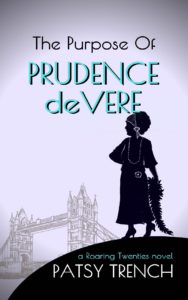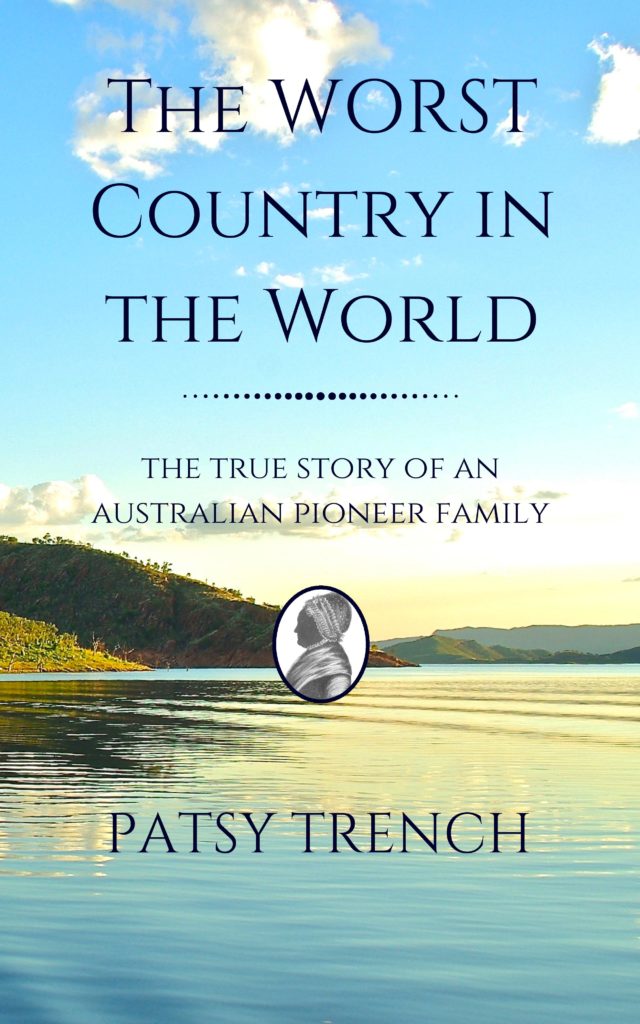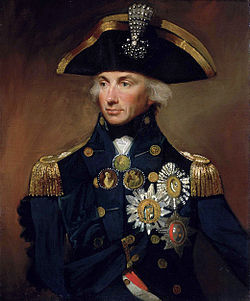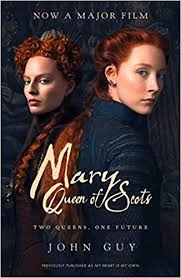In November three years ago I sat down to attempt the NaNoWriMo challenge of writing 50,000 words of a novel in a month. I had heard of the National Novel Writing Month before but dismissed it as a gimmick. In the event it turned out to be a surprisingly positive experience, especially for a writer like myself who has a tendency to go back over stuff until that opening chapter is absolutely perfect.
The great thing about NaNoWriMo is that it keeps you moving forwards all the time, even if like me you have no idea where your novel is heading. All I had was a character, Prudence, best friend of the subject of another novel I had written, set in 1920s England, about a woman discovering the joys of sex in her fifties. (I wrote about Claudia for Books for Women back in 2016 – http://booksbywomen.org/writing-about-sex-and-the-older-woman/) At the end of the month I hadn’t quite achieved the 50,000 words but my novel, or rather my character, had taken me to all sorts of totally unexpected places, including espionage in World War I, the suffragists, the Bloomsbury set and all sorts.

But there was a problem: having set my character up as a free-thinking woman who as a result of an inattentive upbringing breezed through life without rules, boundaries, plans or purpose, I realised my novel did not have a story. That’s to stay a well-structured beginning-middle-and-ending, with an inciting incident that set off rising action to a climax and back down again to resolution; where the main character goes on a journey and ends up other than where she started. In other words, along with my protagonist, the novel itself had no purpose.
I wracked my brains to come up with an Idea, but I soon realised it’s not something you can do in retrospect. That’s like being able to add the crucial ingredient to a cake after you’ve baked it. So in the end I did the only thing I could think of – I made a virtue out of what could be regarded as a drawback: I made the lack of purpose a feature of the book, I even used it in the title – The Purpose of Prudence de Vere.
If you google the word purposelessness, which I did in order to look for quotes for the book, you will find it is invariably regarded as A Bad Thing. A life or a person without purpose is not worth a pin. And yet my novel is a happy thing and my purposeless central character is – if you think of it in these terms – a model of mindfulness. She lives in the moment. She is open to surprise. She is open, period. She lives her life spontaneously, according to whim and happenstance. She is a lot happier than I am. To tell the truth I’d rather like to be like her.
Would more of us be happier if we took life as it comes? If we were not driven, often blinkered, by some purpose that we’ve invented for ourselves in order to have a reason to get up in the morning?
Discuss.
© Patsy Trench
This article first appeared in booksbywomen.org














